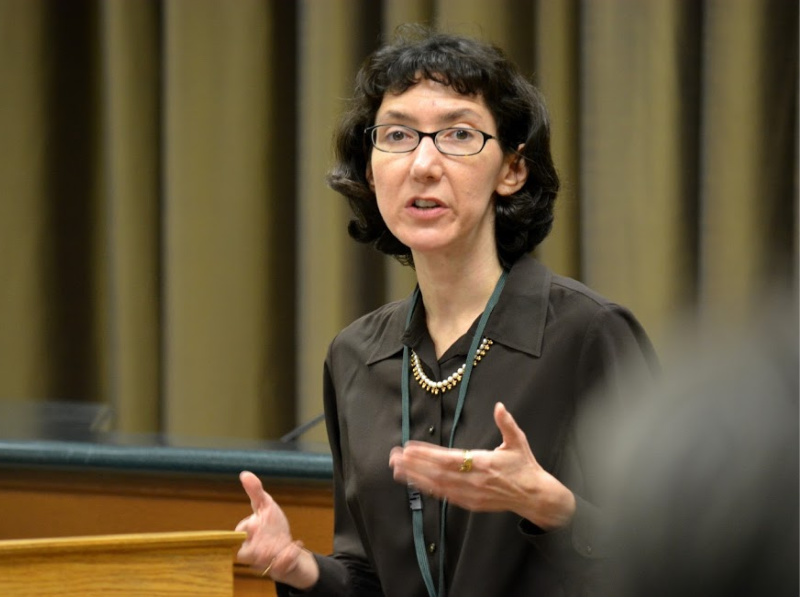Science has issued an expression of concern for a 2014 paper on the harmful effects of ocean acidification on fish and coral after the first author of the article was accused of fabricating data in the study and other research.
The article, “Chemically mediated behavior of recruiting corals and fishes: A tipping point that may limit reef recovery,” was written by a group at Georgia Institute of Technology led by Danielle Dixson, then a post-doc at the university. Dixson has since moved to the University of Delaware, Lewes, where she runs her own lab studying corals.
The work – cited 171 times so far, according to Clarivate Analytics’ Web of Science – received immediate challenge from other researchers, who questioned the validity of the findings.
Continue reading Science issues expression of concern nine months after one of its reporters uncovers potential misconduct








